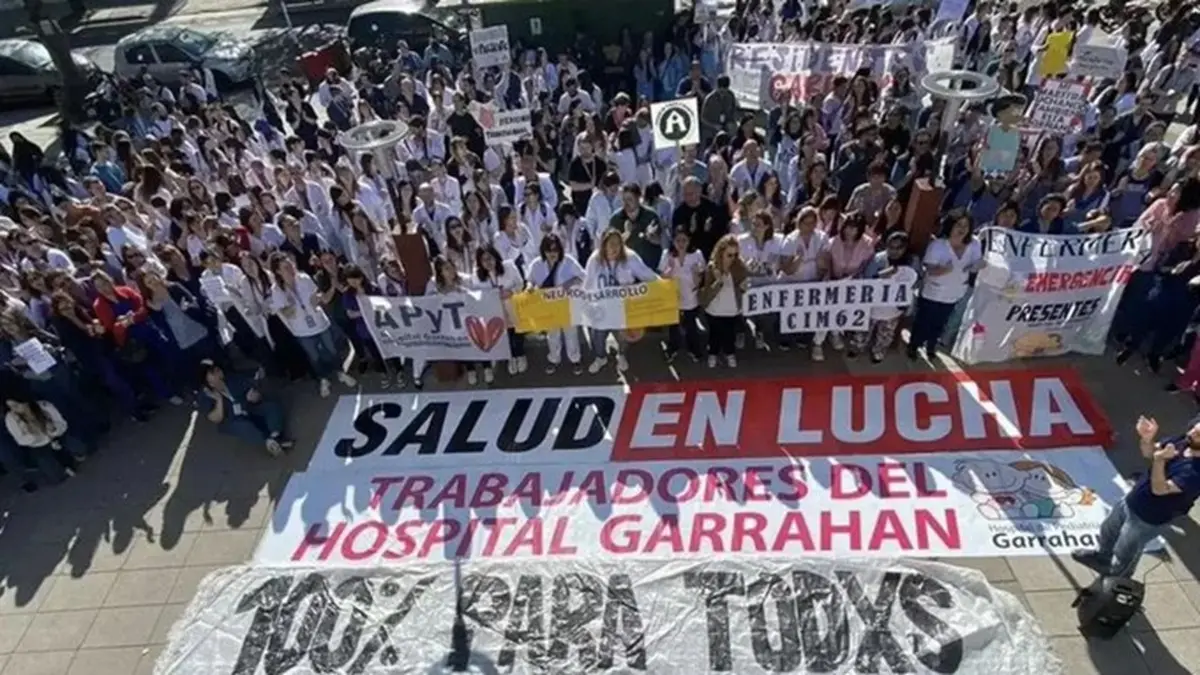Research Reveals That Child Poverty in Argentina Reached a Record in 2024

June 15, 2025 Hour: 2:12 pm
In the context of President Javier Milei’s neoliberal measures, child poverty in Argentina reached its highest level since the 2001-2002 crisis, with a peak of 67.3% in the first half of 2024, according to a report by the Argentine Social Debt Observatory (ODSA) of the Universidad Católica Argentina (UCA).
RELATED:
Argentina Supreme Court Ruling: Justice Served or Political Takeover Against Cristina Kirchner?
The research, which focuses on the rights of children in Argentina between 2010 and 2024 based on data from the Permanent Household Survey (EPH-Indec), noted that child poverty in the South American country exceeds 50% and reached its most critical point in the first half of 2024, with 67.3% of girls, boys and adolescents below the poverty line.
Although the index fell to 52.8% in the second half of 2024, the improvement was partial and left strong territorial inequalities in evidence. While in the city of Buenos Aires, child poverty is 27.1%, in Concordia, a city in the province of Entre Ríos (northeastern region) it is 75%, the highest figure in the country.
The report indicates that child poverty is more than 20 percentage points higher than that of adults, which is 32.8 per cent. The deterioration in the first half of 2024 was due to a macroeconomic crisis with high inflation and loss of purchasing power, where cumulative inflation was 62.4% and poor households’ incomes were 42.6% below the Total Core Basket.
In the second half of the year, a slight recovery was observed, thanks to the stabilization of the dollar, the decline in inflation and the increase in social transfers.
Even with levels remaining high, this partial recovery can be explained by a certain exchange rate and inflationary stability in the second half of the year, and the continuation of the real appreciation process of the AUH (Universal Child Allowance) initiated at the beginning of 2024, the study detailed.
The increases in the AUH (100% in January, 27% in March and 41% in June) and the expansion of the Tarjeta Alimentar (a state assistance policy that is given to families with children or who receive the Pregnancy Allowance, with the aim of facilitating access to food and improving nutrition) acted as palliatives.
Source: EFE






